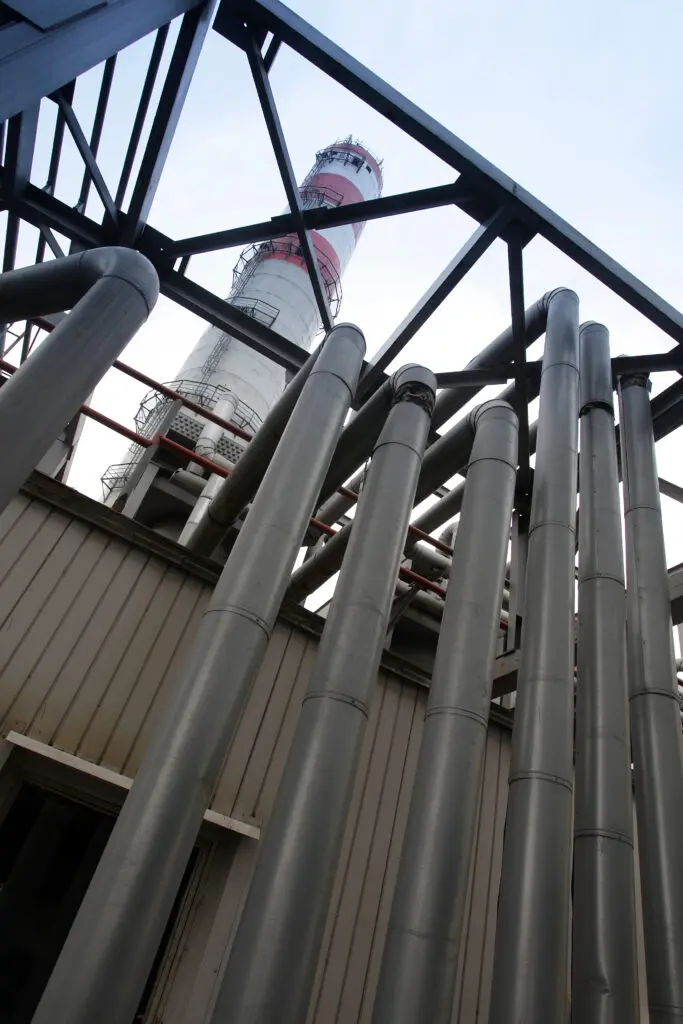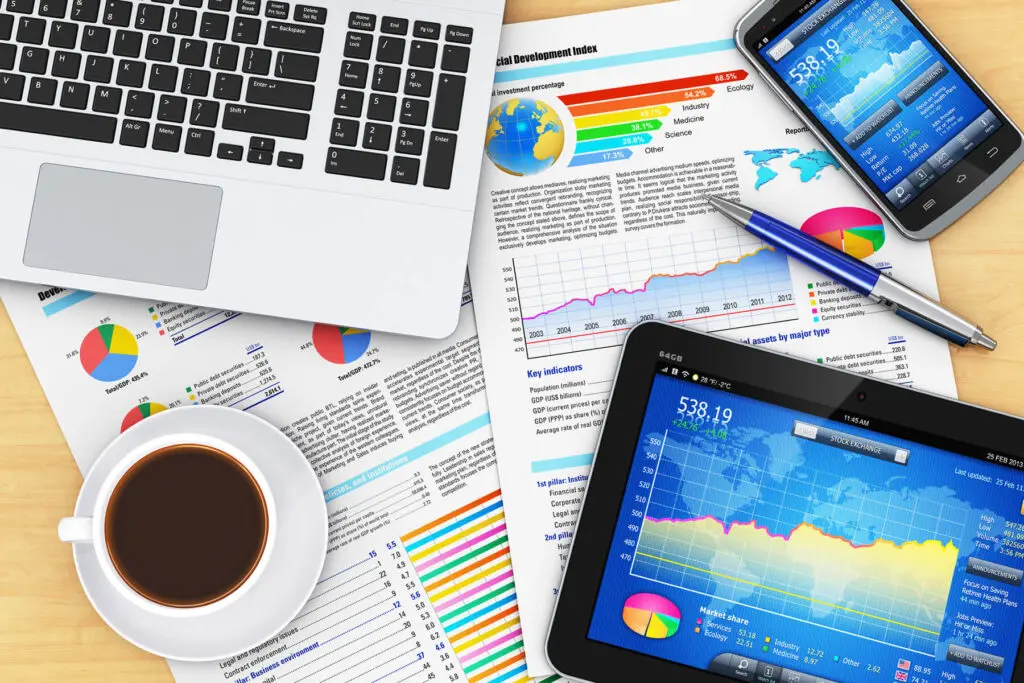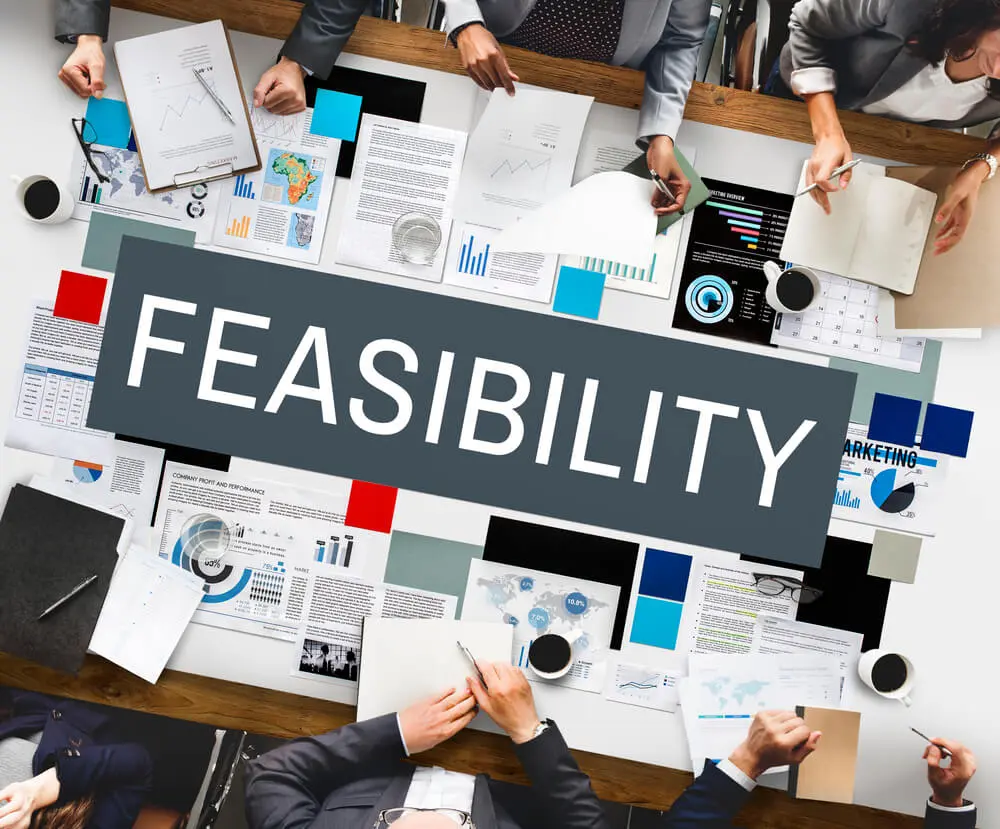Feasibility study development is an important part of Waste to Energy International business activity.
To assess the feasibility and economic viability of the project, the team at Waste to Energy International conducts the feasibility study together with our financial partner and a local developer. The goal is to show that the project is profitable, technically feasible, and would abide by international regulatory and operating standards. The presentation of the final feasibility study to our investors takes a central stage in getting and securing funds from private equity and banks, which makes our research a pivotal element in the project realization.
Initially, one of our partnering parties, a project sponsor, is responsible for covering the feasibility study costs. However, the project sponsor is reimbursed immediately upon finalizing the study and opening the project funds. Moreover, during the construction period, the project sponsor receives a payback from the development fee proportional to capital investments. Altogether, the project sponsor invests with relatively little money but gets a high and fast profit.
The feasibility study takes about three months and comprises four aspects: writing a market review, evaluating technical feasibility, commercial feasibility, and financial feasibility.
Smart Energy, Clean Environment
Waste to Energy International commits to creating a sustainable future, and we concentrate on keeping our facilities environmentally safe. That is why it is essential for us to ensure that the future plant complies with the strictest international emission regulations: the EU Industrial Emission Directive and the Californian Air Board standards.
The technologies we provide significantly reduce greenhouse emissions and remove several classes of pollutants, contributing to a cleaner environment.
Feasibility Study Process

Market review
First, we describe the technologies available for the project based on the characteristics of the feedstock waste material. Our experts compare the technologies and propose the best fit for the project, taking into account the efficiency of the technology, its global availability, recycling ability, prices for the equipment, and benefits for the environment and the local job market.
To estimate the average costs of the future plant, we outline major technology manufacturers and their price ranges for the required technological equipment. Then, we give a detailed and rigorous description of how the future plant will operate with the implemented technology, from the waste separation to the energy generation.

Technical feasibility study
At the outset, estimation of the technical feasibility begins with presenting a technical overview of the plant, containing waste requirements of the plant, proposed site characteristics, forecasted power generation, utility requirements, and estimated pollutants and emissions.
Each aspect of the technical overview is carefully analyzed based on a broad set of parameters.
Subsequently, our specialists conduct exhaustive research using the location-specific data, which includes laboratory analysis of the local waste composition aimed at evaluating the energy output of the future plant. To finalise the choice of WTE solution(s), our team uses the WTE Technology Assessment Criteria and a weighted scoring system. In addition to that, we assess risks associated with construction and operation periods and undertake the Hazard and Operability Study.

Commercial feasibility study
To establish the Waste to Energy International project within the local energy market, we secure construction and post-construction relationships with our partners and local entities.
Our company confirms the creation of the Special Purpose Vehicle (SPV) with a government department. We draft the Concession Agreement binding the municipality to deliver waste to the future plant. We also introduce the Power Purchase Agreement to guarantee that state-owned and public companies would buy energy from the plant.

Financial feasibility study
Finally, we specify the final funding structure of the plant. Our experts refine the baseline financial model after calculating CAPEX, OPEX, soft and hard costs of the project and considering bank credit fees.
The local developer fills out our Request for Information and sends it back. The technology manufacturer receives the Request for Quotation together with the detailed location-specific plant report. As a result, our experts reestimate the financial model based on these clarifications.
The feasibility study report is ready for release.
Our Partners
Proven Expertise in alternative energy Development and Construction
Work With Us
We know how to get energy from the sun, air and waste. Let’s build a better future for everyone, together!





















